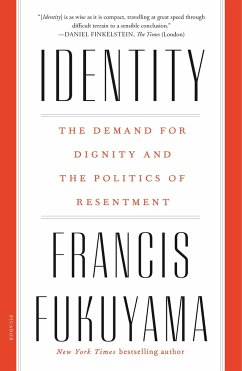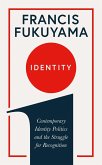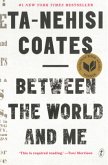Identity is an urgent and necessary book - a sharp warning that unless we forge a universal understanding of human dignity, we will doom ourselves to continuing conflict. In 2014, Francis Fukuyama wrote that American institutions were in decay, as the state was progressively captured by powerful interest groups. Two years later, his predictions were borne out as a series of political outsiders rose to power. They are populist nationalists who seek direct charismatic connection to "the people," offering an irresistible call to an in-group while excluding large parts of the population as a whole. Demand for recognition of one's identity is a master concept that unifies much of what is going on in world politics today: the rise of anti-immigrant populism, the upsurge of politicized Islam, the fractious "identity liberalism" of college campuses, and the emergence of white nationalism. Populist nationalism, said to be rooted in economic motivation, actually springs from the demand forrecognition and therefore cannot simply be satisfied by economic means. The demand cannot be transcended - and as Fukuyama cogently argues, we must begin to shape identity in a way that supports democracy.
Bitte wählen Sie Ihr Anliegen aus.
Rechnungen
Retourenschein anfordern
Bestellstatus
Storno








